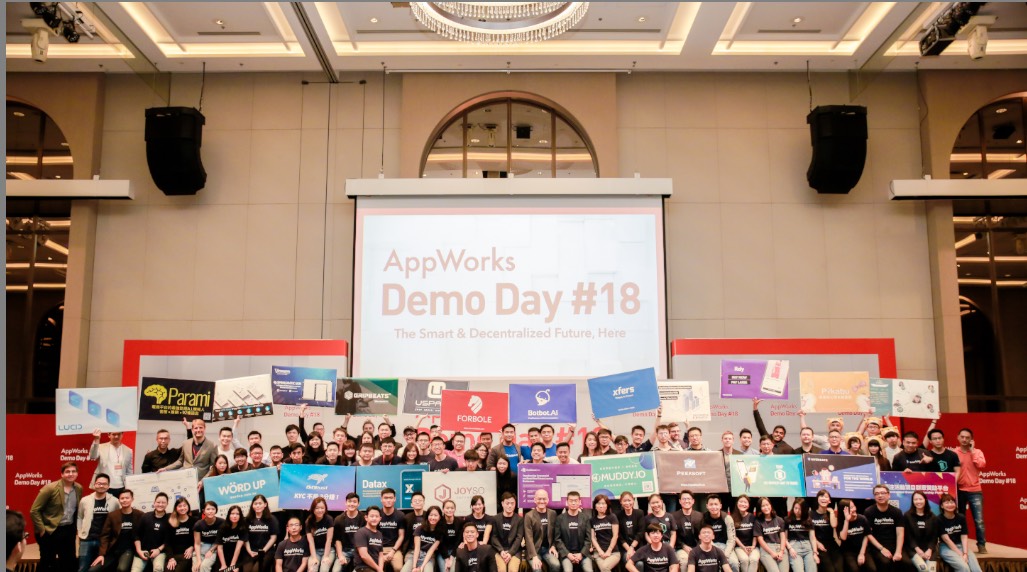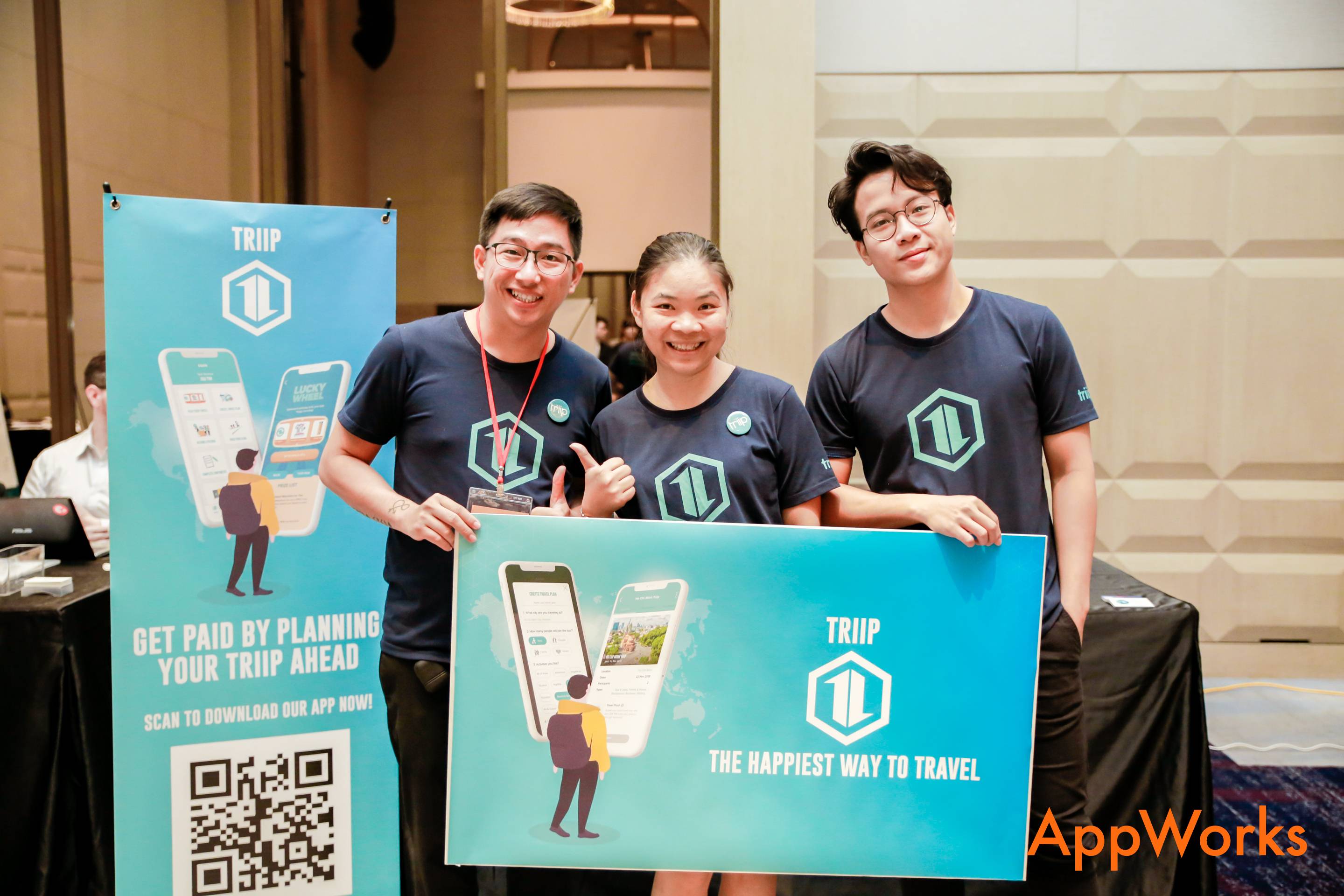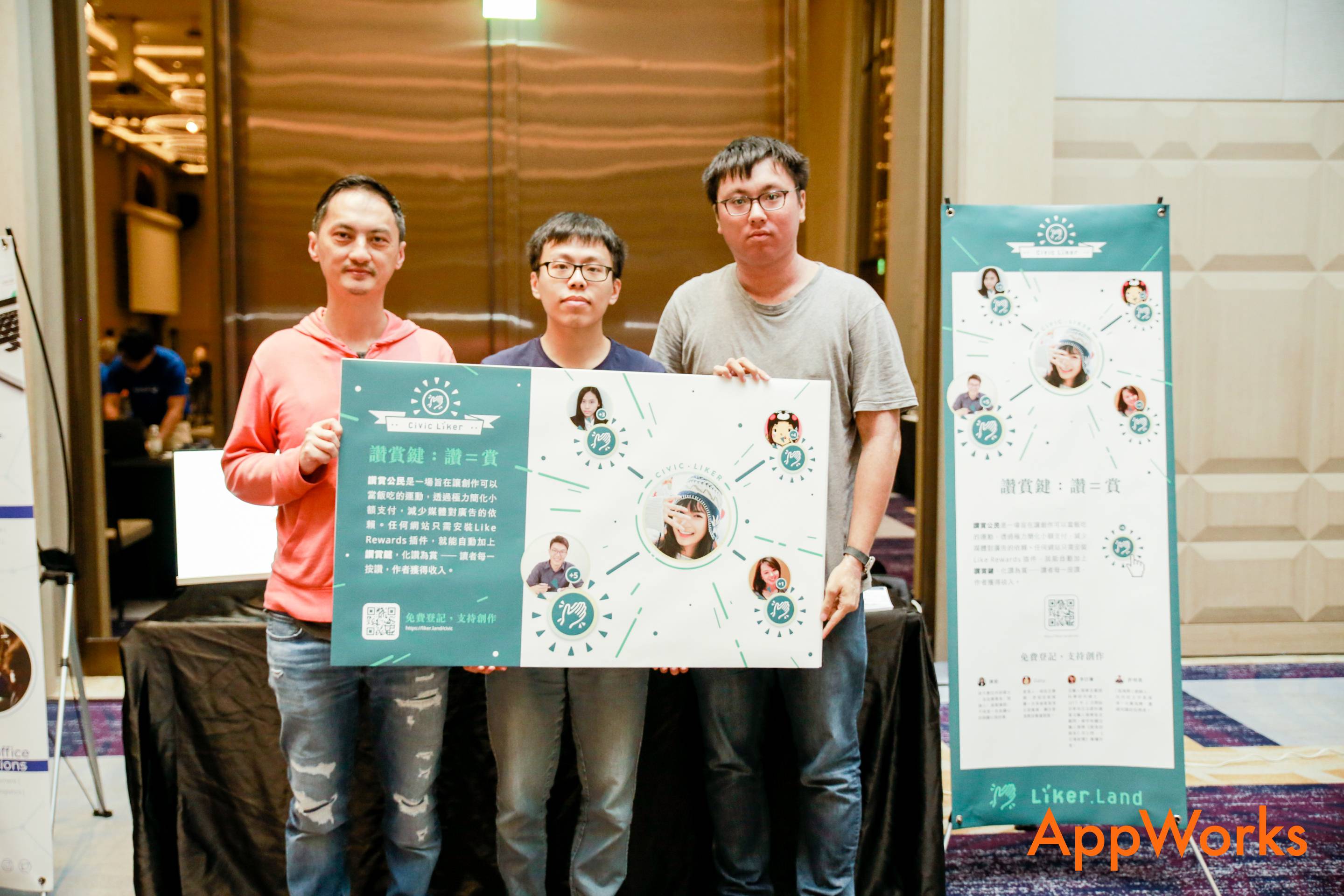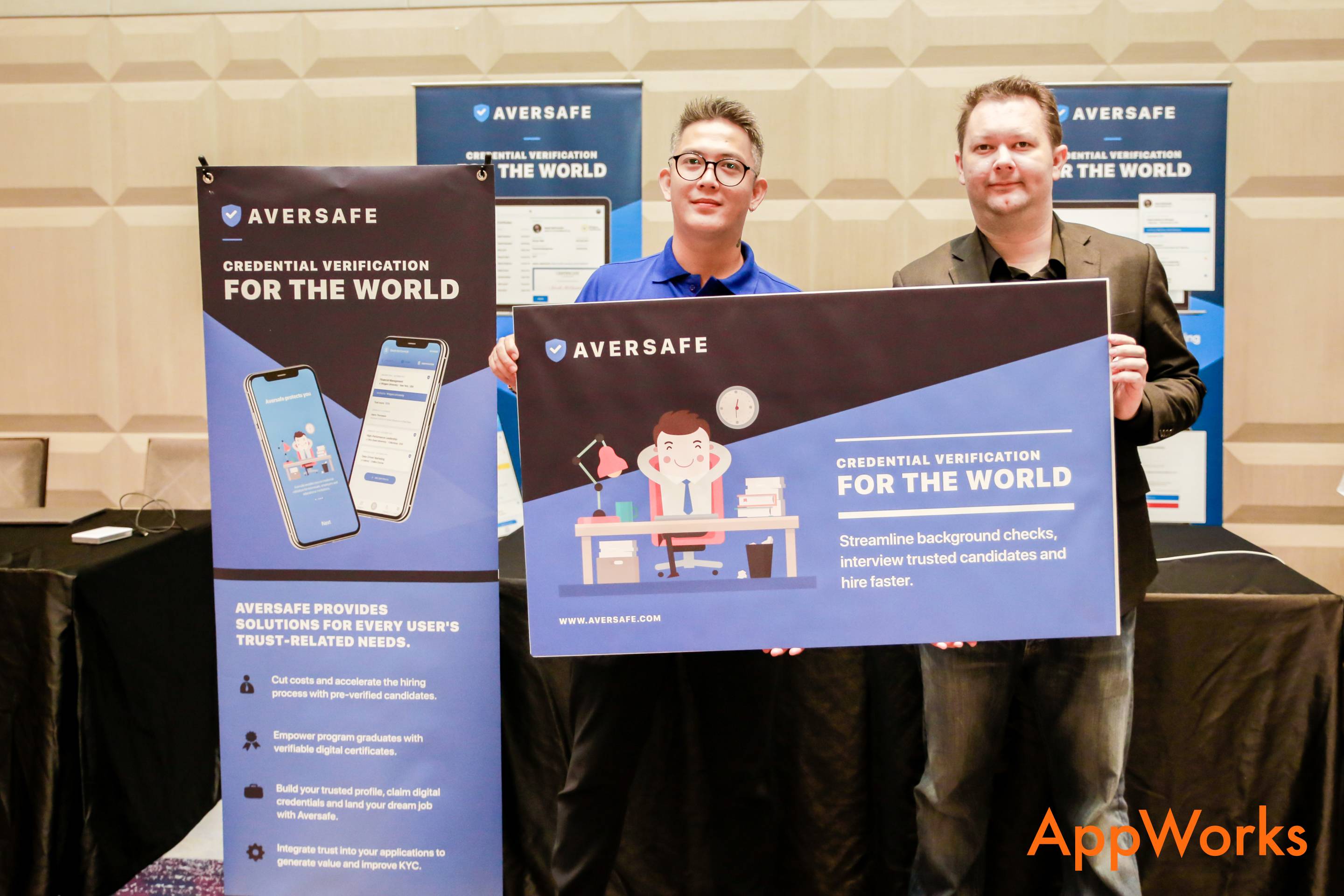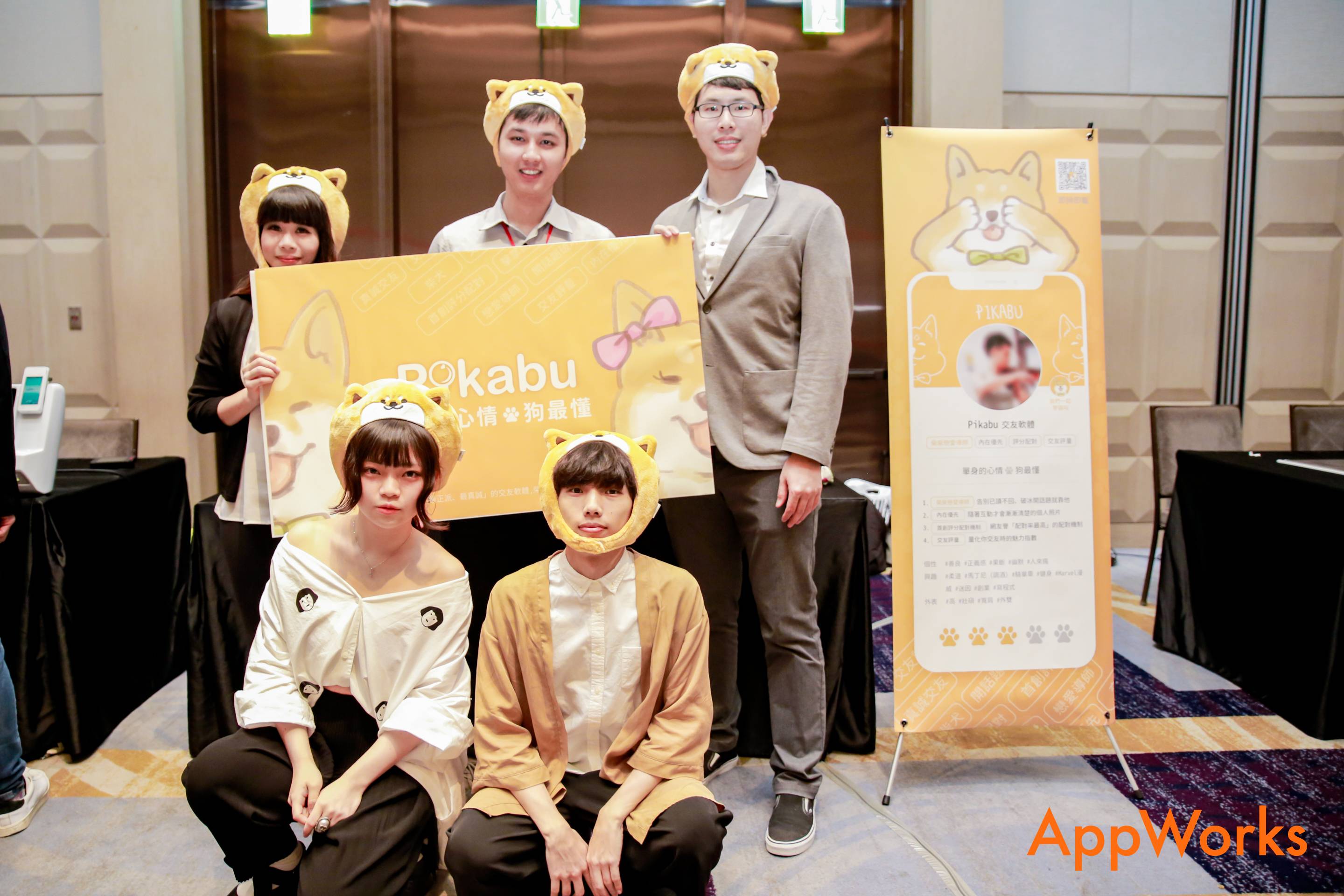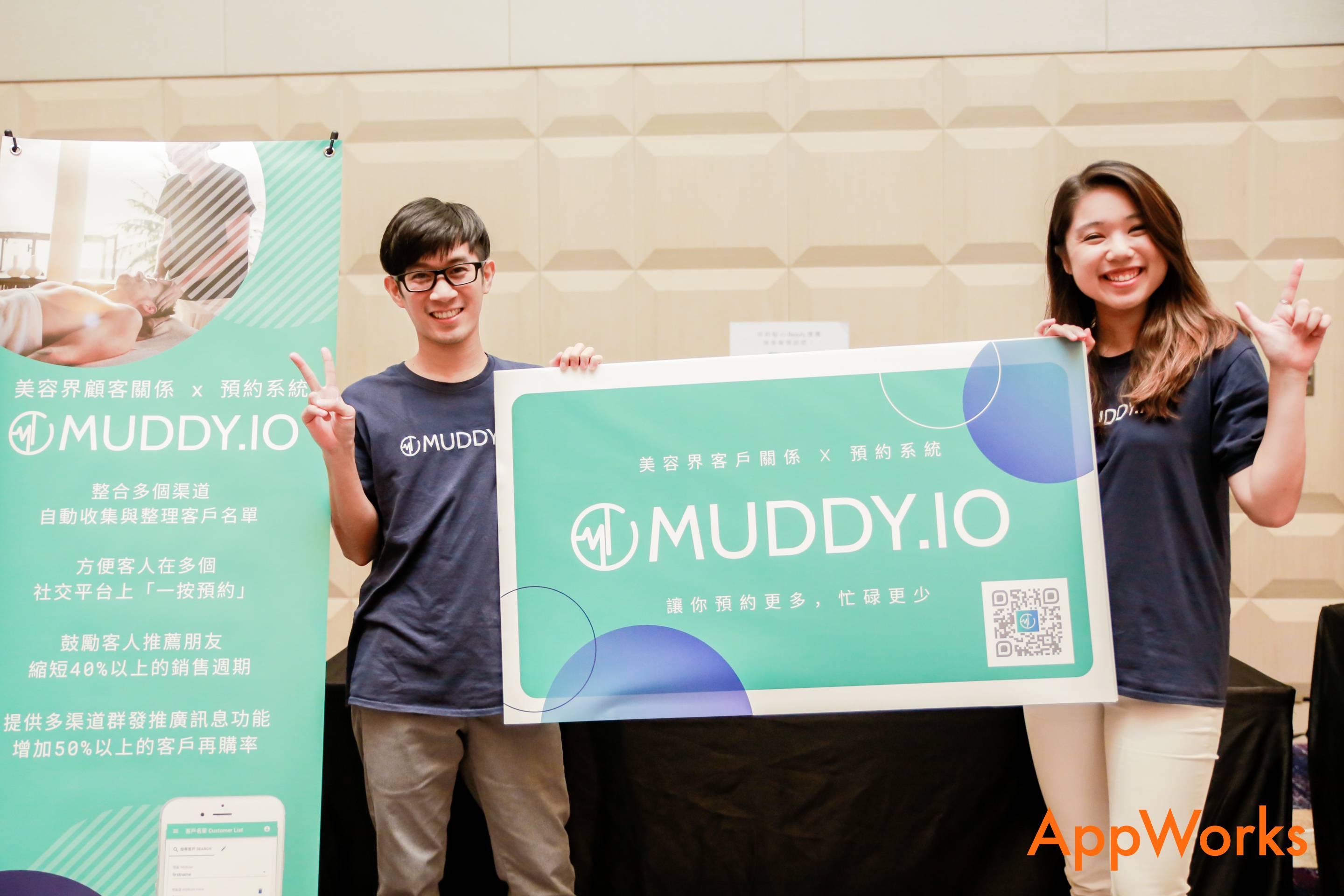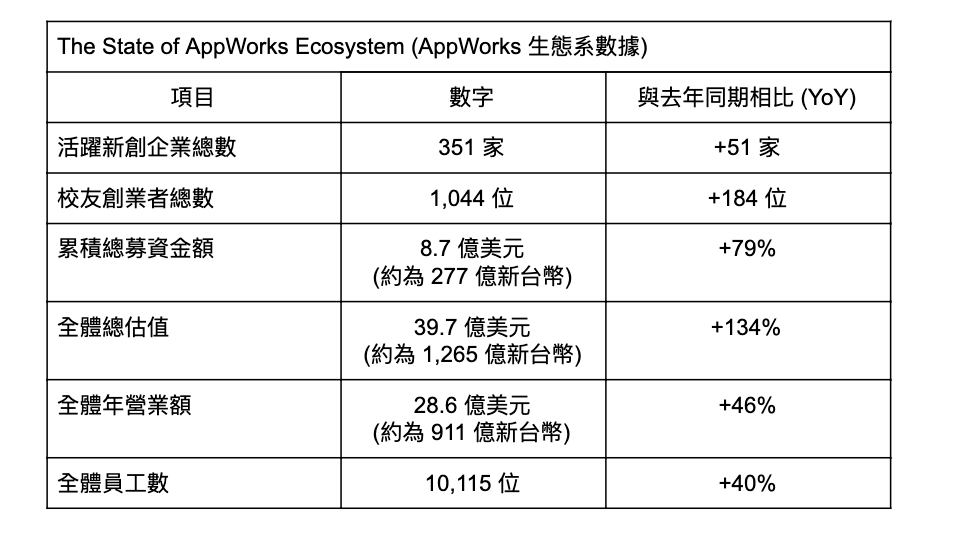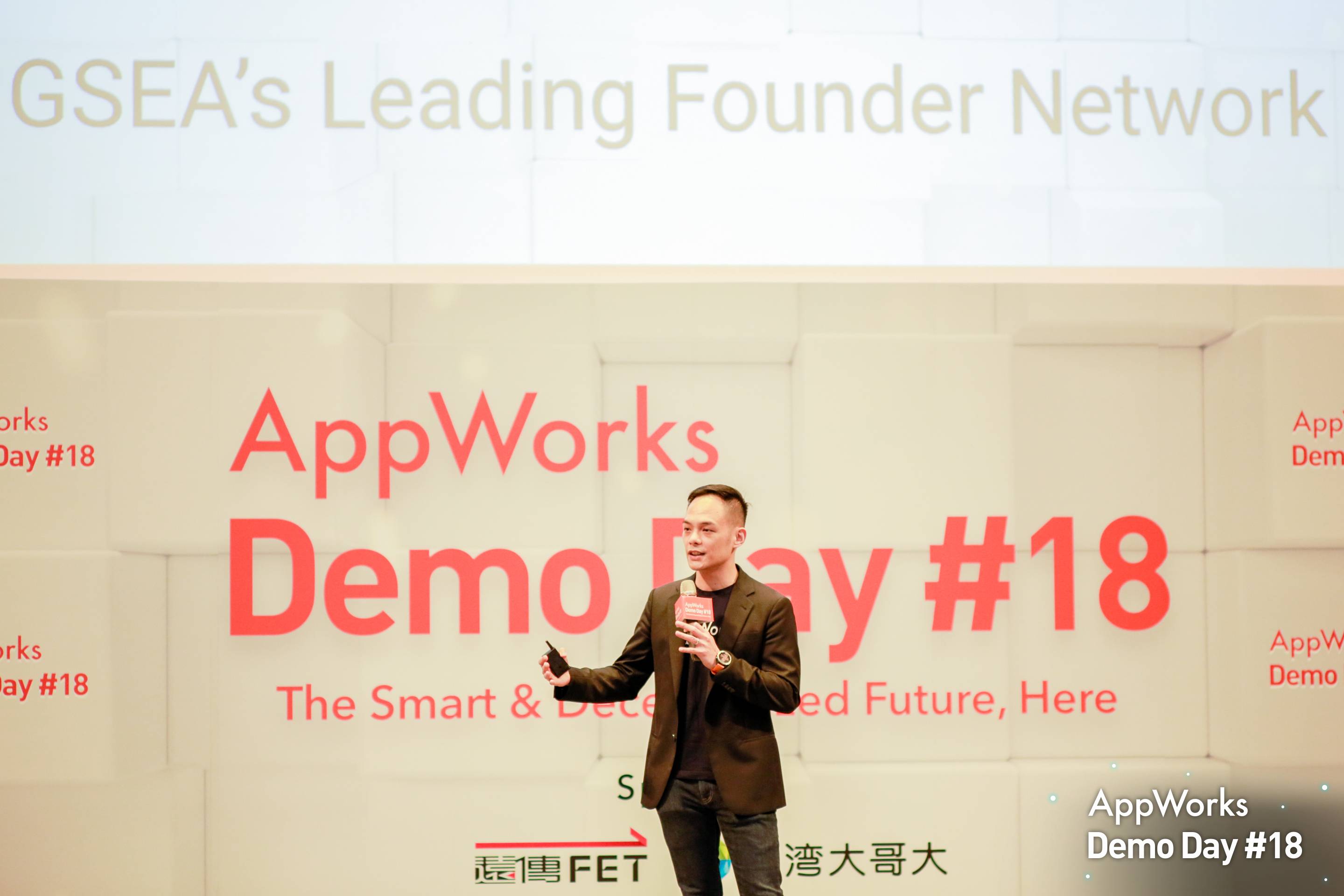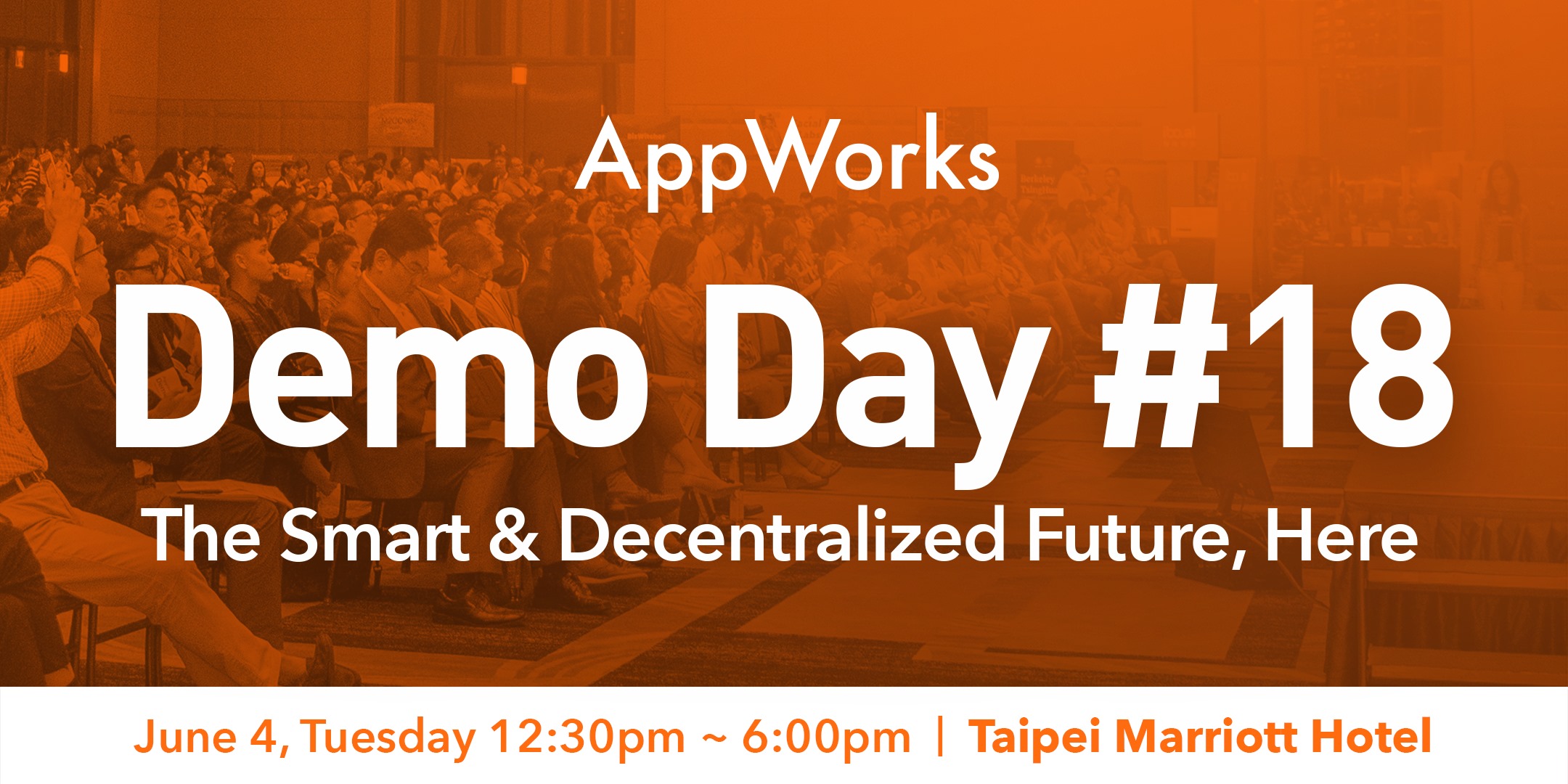
Sandi Wu, Analyst (吳岱蓉 / 分析師)
負責 Accelerator 與投資。加入 AppWorks 前,任職於富邦產險電子商務部,負責線上投保平台的專案管理及 Email 行銷,喜愛探究數字背後的意義。曾前往芬蘭交換學生半年,期間走遍半個歐洲,喜歡寂靜的自然風景勝過繁華的現代都市。畢業於台大財金系,擔任系女排隊長,熱愛美食、排球、旅遊及挑戰新事物。
新創企業在創立初期、尚未打開知名度之前,想找到第一批客戶,總是會十分挫折。尤其是目標客戶是面對企業 (To B) 的新創,相比面對個人消費者 (To C) 的新創,常常需要花更多的時間與人力,才能接觸到目標客戶中對的單位。說服用戶單位後,因為企業採購有一定的流程,所以還需要再花更多的時間與人力在相關單位間一個個打通關,才有機會完成成交。在這過程中,開發企業客戶,更像是利用陸軍 (創辦人親自參與或是由業務團隊負責) 做地推,需要持續努力,才能闖過一個又一個關卡,順利攻下客戶,相對之下,若是開發個人消費者,則較適合利用空軍 (包括大眾媒體、網路或社群媒體) 來操作議題、病毒行銷、投放網路廣告等方式來進行業務開發。
AppWorks Accelerator 的校友中,有許多面對企業客戶的新創,我訪問了其中三位 AI 新創的創辦人,整理出他們在創立初期,有哪些由創辦人親自負責開發企業客戶的方法,並將其中最適合他們的方法分享給大家:
1. 陌生開發:更重要的是獲得產品回饋
多數消費者,在接到陌生開發電話的時候,通常都不太願意花時間談話、甚至擔心對方為什麼可以取得自己的資訊。然而,當新創在聯繫潛在的企業客戶時,陌生開發往往比想像的有效,不管是打電話、發 email、直接登門拜訪,至少有機會獲得五分鐘的時間。
儘管陌生開發相對容易,但後續的轉換率可能會讓人感到挫折。AW#17 的校友 Ocard,是一個提供給品牌或店家使用的 AI 顧客管理 (CRM) 系統,Ocard 創辦人陳逸生 (Vinek Chen) 認為,平均來說,打電話、發 email 給 100 位潛在企業客戶,大約可以獲得 30 次談話的機會,30 次中可能有 15 次獲得 Demo 的機會,15 次中真正成交的可能只有 5 個。
陳逸生進一步指出:「這過程很辛苦,但最重要的,是可以透過這個機會,獲得寶貴的使用者回饋,而進一步調整自己的產品。」剛開始 Ocard 團隊四個人積極的進行陌生開發,三個月內向上百店家 Demo 產品,卻只成交了兩家,然而在陌生開發的過程中,陳逸生發現,初期他們只有開發協助店家的會員集點功能,並不足以吸引客戶,於是 Ocard 內部快速地調整產品,新增了問卷、抽獎等功能,讓企業客戶有更多工具去做 CRM,兩年內已成功開發超過 1,000 家以上的企業客戶。
2. 找尋合作夥伴:事半功倍的互惠關係
身為一位創辦人,必須時時從目標客群的角度去思考。這些目標客群,他們通常會聚集在哪裡?平常接收資訊的管道是什麼?實體或網路上不同的資訊管道有什麼差異?來自香港的 Easychat ,開發的聊天機器人 (Chatbot),整合了 Facebook Messenger、LINE、WeChat 及 Whatsapp 等通訊軟體,提供一站式的智能銷售及客戶服務。Easychat 創辦人陳正達 (Alan Chan) 分享,他們的目標客戶是電商公司,一開始在開發電商客戶的時候,就先問自己說,電商會聚集在哪裡?他想到的答案是「電商開店平台」,在香港,Shopline 是最大的電商開店平台,於是他先專注在 Shopline 上的電商,並透過 Instagram 與店家聯繫,但一開始回覆率只有一成。
後來陳正達加入 AW#16,並開始在台灣發展業務。透過 AppWorks 為每屆加速器團隊舉辦的 Mentor Day,認識了台灣最大的品牌新零售、虛實融合 OMO 平台 91APP,Easychat 因此成為了 91APP 的技術夥伴,91APP 會向其客戶推薦 Easychat 的服務。除此之外,現在在電商開店平台 Waca 及 EasyStore 上,可以直接在後台啟用 Easychat 的服務,大大提高了 Easychat 的能見度,提升獲取客戶的效率和品質。對於開店平台來說,提供好用的加成服務給他們的客戶,是他們非常重要的考量,這樣互惠互利的關係,讓 Easychat 和電商平台的合作,更加緊密和彼此信任。
3. 朋友引薦 (Warm Referral):朋友的朋友也會成為助力
看到一間新開的餐廳,多數人會先猶豫要不要進去吃,但如果是朋友大力推薦,那絕對會大大增加嘗試的機會。業務開發也是一樣,對於全新的產品或是公司,要如何取得企業客戶的信任,透過雙方認識的人來引薦,就很重要,尤其對於較封閉的產業來說,更是格外重要。
AW#17 的校友 Aniwear,是來自香港的新創團隊,專為獸醫設計能夠快速檢測寵物心臟的軟硬體整合方案,Aniwear 創辦人麥年豐 (Joe Mak) 在剛開始開發業務的時候十分挫折,多次試著直接到獸醫院想和醫生談話,但都被櫃檯人員阻止,甚至還被趕出來。終於有一次和一位朋友聊到自己在做獸醫產業的服務,這位朋友介紹了另一位在動物保護團體工作的朋友,這位新朋友再輾轉介紹身為獸醫師的朋友給麥年豐,這才逐漸打開了獸醫產業的大門。
有了這樣的經驗後,麥年豐發現在獸醫產業,推薦和權威性是很重要的。於是來台灣發展後,就邀請中興大學獸醫教學醫院心眼科總醫師詹益萍擔任公司的顧問,從此之後,和新客戶談話的時候,只要提到專業獸醫師的名字,就可以多增加一分專注和一分信任。
以上三個方法,不僅是 AppWorks Accelerator 三位校友,透過實戰驗證的有效方法,根據我的觀察,也是許多 AppWorks Accelerator 校友中,面對企業的 AI 新創普遍使用的進入市場策略 (Go-To-Market Strategy)。
在與他們的訪談中,三位創辦人不約而同都分享了一件重要的事:不要認為沒有馬上成交的生意,就是一筆失敗的生意。在這過程中,有可能客戶給予的回饋是負面的,或是和某些客戶談了幾次,但暫時沒有要立即簽約,可能會因此懷疑自我、懷疑自己的產品,但千萬不要輕易放棄這個和潛在客戶之間的關係連結,持續的寄 email 或是電話關心潛在客戶,維持良好的關係,有時候只是時機未到,時機適合的時候,自然會有機會成交。
【歡迎所有 AI / IoT、Blockchain / Crypto 的創業者,加入專為你們服務的 AppWorks Accelerator】

